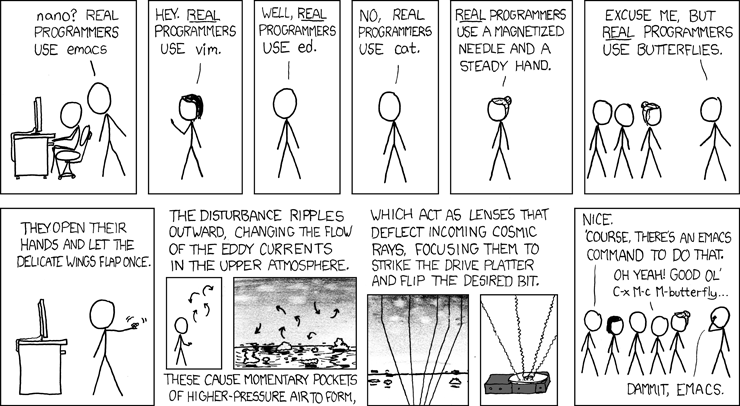I've made it a personal goal of mine to try and use expressions (in case this isn't really the right terms, I'm referring to what you would construct from the Expression Builder and put in control, without writing any line of VBA or using macros... e.g setting a control to =AFunction().
However, I've always found myself thinking to myself, "Gee whiz, this is sure clunky. I think I'll do it in VBA after all." I thought I'd ask around and see if this is just my prejudices getting in way and would love to know if I'm just missing something.
Now, I think expression builder is great idea. It has all list of values and functions for you, and you don't have to remember all the parameters; it does it for you. (though, it could be better at prompting the parameters whereas in VBE, I can see what datatype is expected, and if I'm not sure, the help box is just there in corner to get a quick refresh of what kind of arguments I need to pass) and the capability to do some functions such as keeping a running total is great, especially if it's done locally (I think?) without running to the backend.
It's usually the domain aggegrate that kills me. I've decided to just write a public function that I can then use in expression instead of default domain aggegrate and various, but the result is basically this: I'm still writing in VBA, though I'm doing a better job of reusing it, I'd think.
So... what are your opinions on expressions, and whether you find them to be more useful than doing the same thing in VBA? How often and what kind of cases you would use, or won't?
Thanks for sharing!
However, I've always found myself thinking to myself, "Gee whiz, this is sure clunky. I think I'll do it in VBA after all." I thought I'd ask around and see if this is just my prejudices getting in way and would love to know if I'm just missing something.
Now, I think expression builder is great idea. It has all list of values and functions for you, and you don't have to remember all the parameters; it does it for you. (though, it could be better at prompting the parameters whereas in VBE, I can see what datatype is expected, and if I'm not sure, the help box is just there in corner to get a quick refresh of what kind of arguments I need to pass) and the capability to do some functions such as keeping a running total is great, especially if it's done locally (I think?) without running to the backend.
It's usually the domain aggegrate that kills me. I've decided to just write a public function that I can then use in expression instead of default domain aggegrate and various, but the result is basically this: I'm still writing in VBA, though I'm doing a better job of reusing it, I'd think.
So... what are your opinions on expressions, and whether you find them to be more useful than doing the same thing in VBA? How often and what kind of cases you would use, or won't?
Thanks for sharing!

